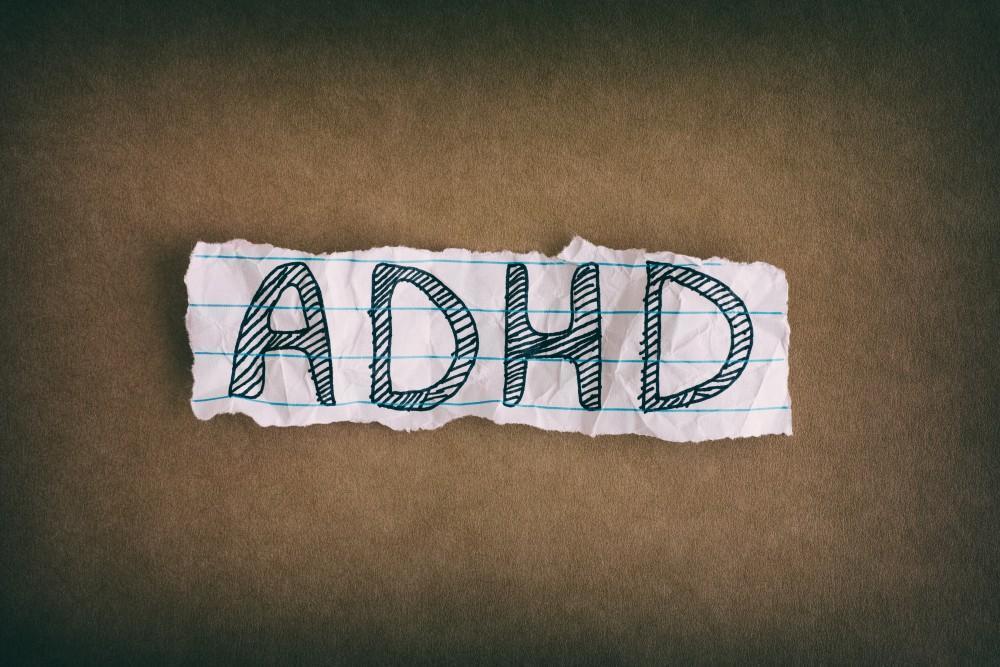
At Tulsi Wellness Club in San Diego, we are dedicated to understanding and addressing the multifaceted challenges associated with Attention Deficit Hyperactivity Disorder (ADHD). One area of interest that has emerged in our practice is the connection between ADHD and oral fixation. This article explores what oral fixation is, how it relates to ADHD, and strategies for managing this behavior in children and adults.
What is Oral Fixation?
Oral fixation is a psychological concept where individuals develop a strong focus on oral activities, such as chewing, sucking, or biting. This behavior is often considered a coping mechanism or a way to satisfy unmet needs or manage stress. Oral fixation can manifest in various ways, including:
- Excessive chewing of gum or pencils
- Frequent nail-biting
- Sucking on thumbs or other objects
- Compulsive eating or snacking
In some cases, oral fixation is linked to developmental stages or psychological factors, but it can also be a response to sensory needs or emotional states.
How Does Oral Fixation Relate to ADHD?
ADHD is characterized by symptoms of inattention, hyperactivity, and impulsivity. These symptoms can sometimes contribute to behaviors associated with oral fixation. Here’s how ADHD and oral fixation might be connected:
-
Sensory Processing Needs: Many individuals with ADHD have heightened sensory processing needs. Oral fixation can be a way to fulfill sensory cravings, as the act of chewing or sucking provides a soothing and sensory-rich experience.
-
Impulsivity: Impulsivity is a core symptom of ADHD. Individuals with ADHD may engage in oral fixation behaviors as a form of impulsive action, such as biting nails or chewing on objects without considering the consequences.
-
Stress and Anxiety: ADHD can be associated with increased stress and anxiety, which may lead individuals to seek out comforting or soothing behaviors. Oral fixation can serve as a coping mechanism to manage these emotions.
-
Difficulty with Focus: For some people with ADHD, oral fixation behaviors might be a way to help manage restlessness or improve focus. Engaging in repetitive oral activities can provide a calming effect and help with concentration.
Strategies for Managing Oral Fixation in ADHD
Addressing oral fixation in individuals with ADHD involves a combination of behavioral strategies, sensory interventions, and environmental adjustments. Here are some effective approaches:
-
Sensory Alternatives: Provide sensory alternatives that can satisfy the need for oral stimulation without negative consequences. For example, offer chewable toys or sensory rings designed specifically for this purpose. These alternatives can help redirect oral fixation behaviors in a more constructive manner.
-
Behavioral Interventions: Implement behavioral strategies to address oral fixation. This can include setting clear rules about acceptable behaviors and using positive reinforcement to encourage alternative activities. For example, reward your child for using chewable toys instead of chewing on pencils.
-
Stress Management Techniques: Help manage stress and anxiety through relaxation techniques, such as deep breathing exercises, mindfulness, or physical activity. Reducing overall stress can decrease the reliance on oral fixation as a coping mechanism.
-
Routine and Structure: Establish a structured routine to provide consistency and reduce impulsive behaviors. Consistent schedules and clear expectations can help manage ADHD symptoms and decrease the frequency of oral fixation behaviors.
-
Professional Support: Consult with a healthcare professional or therapist who specializes in ADHD for personalized strategies and support. They can offer guidance on managing both ADHD symptoms and oral fixation behaviors.
-
Education and Awareness: Educate individuals with ADHD and their families about the connection between ADHD and oral fixation. Awareness can help in recognizing patterns, understanding triggers, and implementing effective strategies for managing behaviors.
Conclusion
Oral fixation is a common behavior that can be associated with ADHD, often linked to sensory processing needs, impulsivity, stress, or difficulties with focus. At Tulsi Wellness Club, we are committed to providing comprehensive care and support to address the unique challenges of ADHD. By exploring effective strategies and interventions, we can help individuals with ADHD manage oral fixation behaviors and improve their overall quality of life.
If you have concerns about ADHD and oral fixation, or if you’re looking for personalized guidance and support, please contact us. Our team at Tulsi Wellness Club is here to help you navigate these challenges and find the best solutions for achieving a balanced and fulfilling life.
Dr. Jace Sandell
Contact Me


